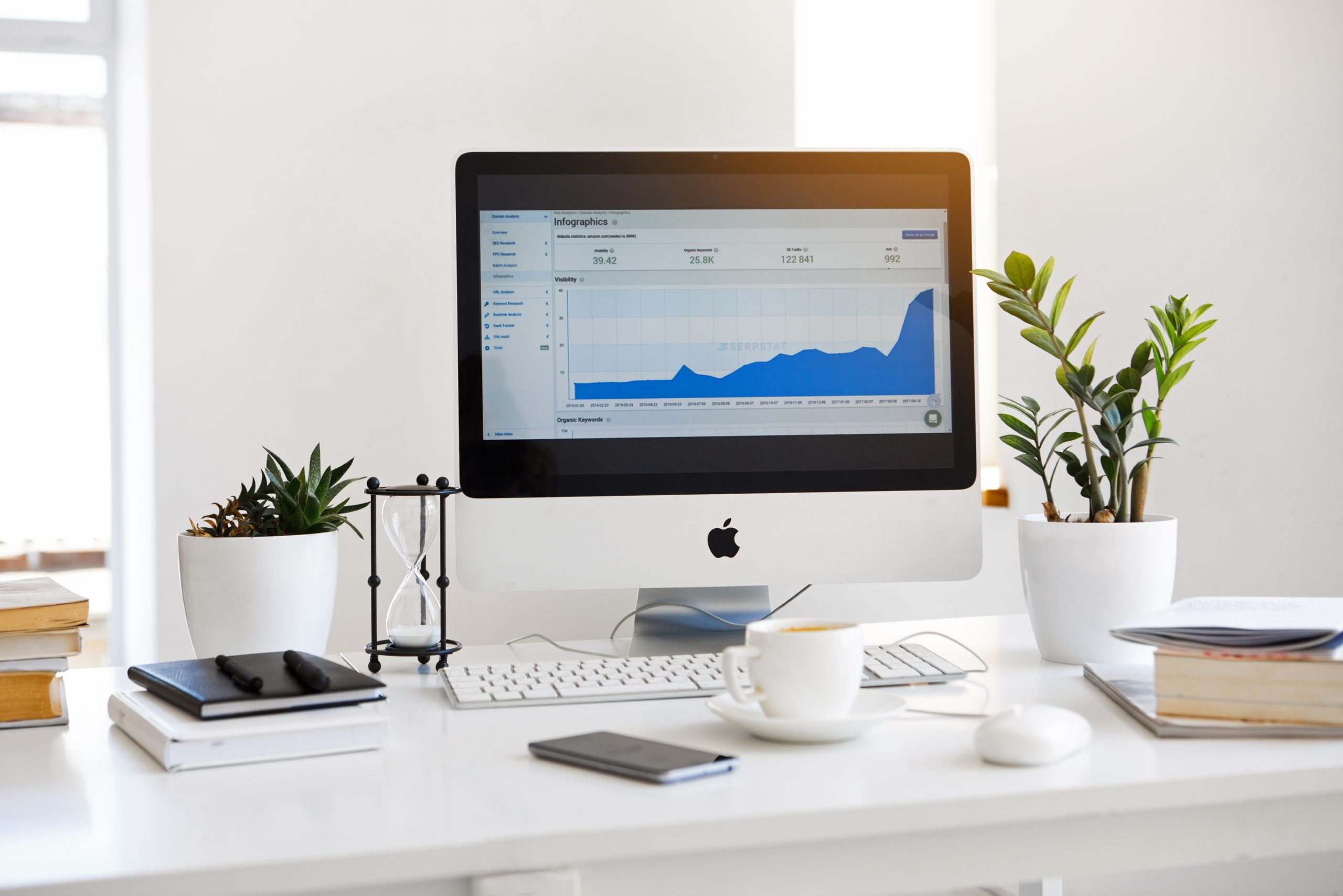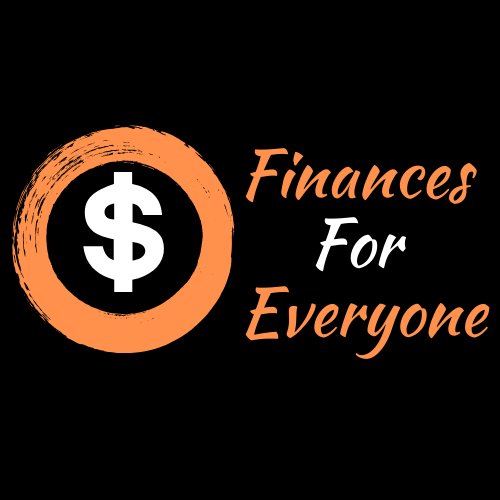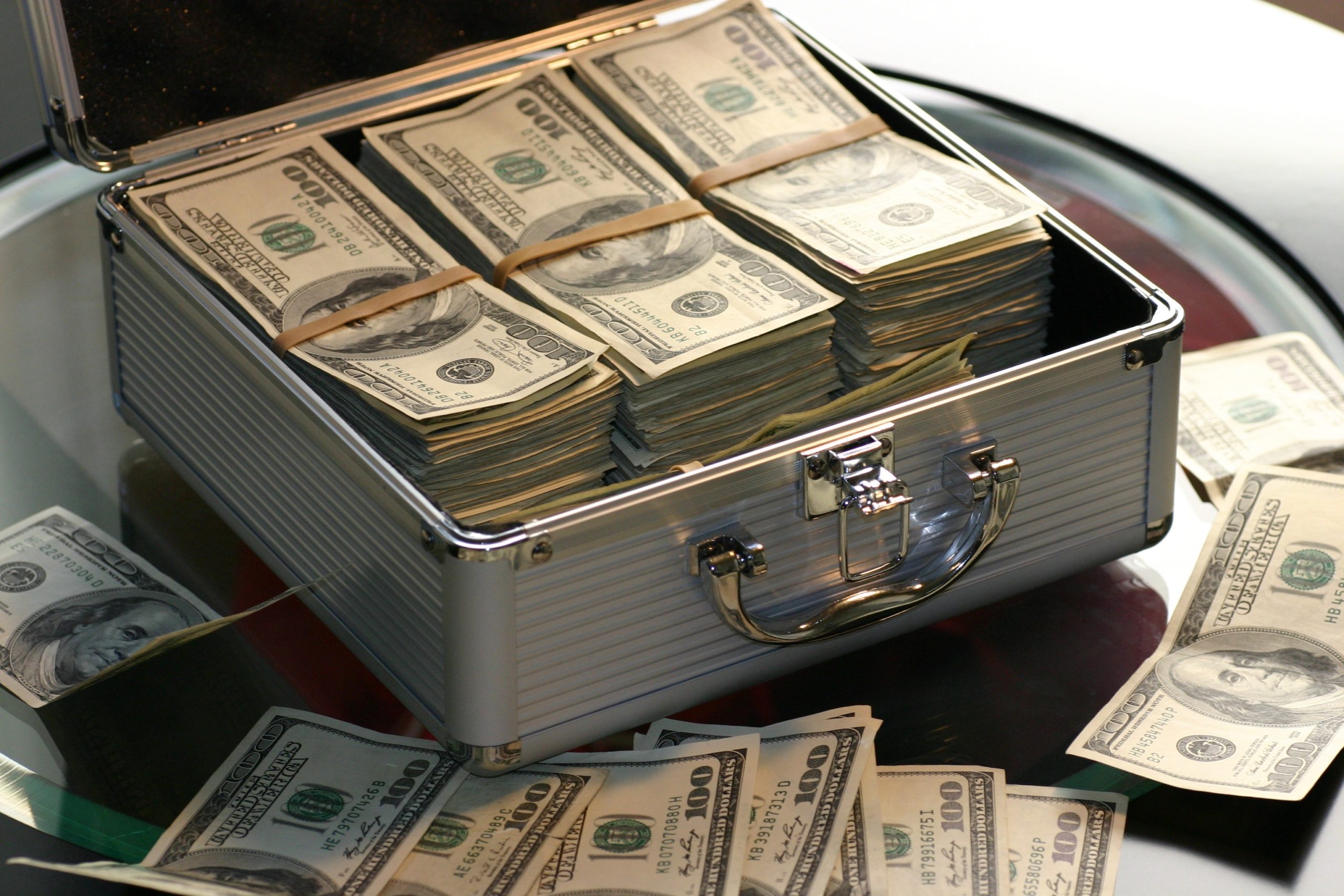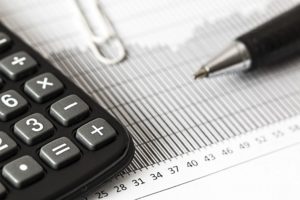Real Estate Cash Flow Explained In Detail
Real Estate Cash Flow is the money that you have left after your expenses. Cash flow is generally what rental property investors are looking for when they invest in any rental. Now there are a lot of other benefits for rental property investing and you can check 21 of those benefits out for free in my blog post here: Real Estate Investing Benefits-The Full Guide. Some of the benefits you'll read about include tax benefits, hedge against inflation, 1031 exchanges and appreciation. Cash Flow is a powerful asset and it can help you live with more financial freedom. Keep Reading below after the cash flow example for some things you can do with your cash flow each month to get even more successful.
Navigation Menu:
Cash Flow Analysis
Understanding real estate cash flow is key and being able to calculate it is going to determine if you can be successful. Now I know many people don't like to look at numbers and it can be boring. I encourage you to look at the following example and really understand it. If you are having trouble understanding it try writing the numbers down on a piece of paper to help yourself out. Unfortunately, if you want to be a good investor you need to understand this aspect of investing. That being said let’s look at a example of a cash flow analysis then we will look at ways to use that cash, which is the fun part.
Let’s say you have a single-family home you want to buy and you know that you can rent it for $2,000 a month based on other houses in that neighborhood
Rental Income each month before expenses: $2,000
What you have to do is deduct all expenses, which means you have to accurately predict what those expenses are going to be based on other homes in the area. The first expense is your mortgage expense. Let’s say you buy a $200,000 house put 20% down ($40,000) and take out a 30-year mortgage at a 4% interest rate. Your monthly payment would be $763.86.
- House Cost: $200,000
- 20% Down payment: $40,000
- Total Mortgage (House Cost-20% down): $160,000
- Interest rate: 4%
- Term: 30 years
- Mortgage Payment (before taxes and insurance): $763.86
But wait we can’t forget about taxes or insurance. So, you go to your local tax assessor’s office and figure out the tax per year is $3600 or $300 a month. Then you call up some insurance companies and figure out it will cost $100 a month for insurance. Your total mortgage payment is going to be: $1,163.83 when you add that to the mortgage payment.
- Tax Per year: $3,600
- Tax per month: $300
- Insurance per month: $100
- Total Mortgage Payment with taxes and insurance: $1,163.83
Finally, if you are going to be a good landlord it is smart to save for other expenses. These numbers are made up for this example, so use what works best in your area. The first expense will be vacancy. Assume you will have a 10% vacancy per year so just over a month vacant per year. Each month you will set aside 10% of your total rent so $200.
Now let’s save for maintenance call it 5% of monthly rent so $100 a month. Then lets account for what is called capital expenditure, which is a big expense such as a roof replacement, call it another 5% so $100 a month. There are always other things you can save for or set aside if needed. If you pay for the water bill, lawn care or snow removal you can save for those as needed. With the numbers we have your total expenses are $1,563.83. Rental income minus expenses is your cash flow. $2000-$1,563.83= $436.17 cash flow.
- Vacancy 10%: $200
- Maintenance 5%: $100
- Cap Ex 5%: $100
- Mortgage Payment: $1,163.83
- Total Expenses: $1,563.83
- Rental Income: $2,000
- Income-Expenses: $2000-$1,563.83= $436.17
- Cash Flow/ Monthly Income: $436.17
Return on Investment

Now that you have figured out your Real Estate Cash Flow some investing benefits are immediately shown. The biggest of which is your return on investment. You can look at this in a couple of different ways to show the benefits. The first is cash on cash return. All this means is how much money you are making compared to the cash which you but down. The cash in this example is the 20% you put down for the mortgage or $40,000. So how much are you making per year on the cash you put in? In this example you take your cash flow $436.18 times 12 which equals $5,234.04. Now to figure out your cash on cash return you divide $5,234.04 by $40,000= 13.08% So in this analysis your return on the money you put in is pretty good. 13% is a great return compared to what you could get from any stock or mutual fund investment. This is only one part or the benefit, the other part we will talk about is paying down the mortgage, appreciation of the property and tax benefits.
- Cash paid on house: $40,000
- Monthly cash flow: $436.18
- Yearly cash flow (monthly cash flow x 12 months): $5234.04
- Yearly cash flow/ cash put on house: 5234.18/40,000= 13.08% return
- Cash on Cash return: 13%
Spend as Your Income
Now that you have the cash in your pocket it is your to do what you want with. Some people what to live off their real estate investment which is a great goal to aim for. If that is what you want to do you only have to figure out what your expenses are and how many rentals you need to live off of rental cash flow. If your expenses each month are $3,000 then you would need 7 rentals to replace your expenses. $3,000/436.18= 6.8 (round up to 7) Total money each month would be $3,054.26.
- Monthly personal expenses: $3,000
- 1 rental income: $436.18
- How many rentals do you need?
- $3,000/436.18=6.8 round to 7
- 7 rentals at $436.18: (7 x 436.18): $3,0542
Reinvest for Compound Growth
If you are spending your Real Estate Cash Flow each month then you are actually hurting your growth because you are taking the money out of your investments. Now if you don’t need or want to live off of the rental income there are so many options that you can do to reinvest the cash. First you could take the $5,234.04 (lets call it $5,200 for simplicity and reinvest it in the stock market. If you did that for 5 years and could make on average 10% you would have: $33,808. You would have made $7,829.67 in interest!
If you are spending your Real Estate Cash Flow each month then you are actually hurting your growth because you are taking the money out of your investments.
- Monthly contribution ($5,200/12=$433): $433
- Yearly Interest 10%
- Interest amount: $7,829.67
- Total Principal: $25,980
- Total Value: $33,809.67
Let’s imagine you did that with all 7 properties that you wanted to replace your income with. So putting $3,000 a month in investments over 5 years. You would have made: $234,247!
- Monthly contribution: $3,000
- Yearly Interest 10%
- Interest amount: $54,247.14
- Total Principal: $180,000
- Total Value: $234,247.14
As you can see reinvesting your income is the key to wealth building. Taking your money out is an option but it will limit your long-term wealth. Of course, you don’t have to leave your money in stocks you can take it out and buy more real estate and keep doing this over and over. If you put $40,000 down on each house that you buy you would be able to buy 5 houses with that $234,247.14 at the end of 5 years creating more passive income to invest and becoming more and more wealthy over time.
Additional Resources:
I hope you enjoyed this article for more information and to learn more click one of the links below. I recommend that you check out the free intro guide in step 1. But if you already have the guide look at step 2 for buying your first property. If you already have seen those then by all means look at step 3 and see if that would be a good fit for you for finding real estate deals.
Step 1: For a 100% FREE intro guide on real estate investing click for a free download HERE.
Step 2: Learn how to buy your first property in my blog post in: The Real Estate Investing 7 Step Guide.
Step 3: If your ready for the full course on how to find real estate deals check out the Real Estate Deal Finding Toolkit Course to learn how to step by step.
View our You Tube Channel for videos on finances



